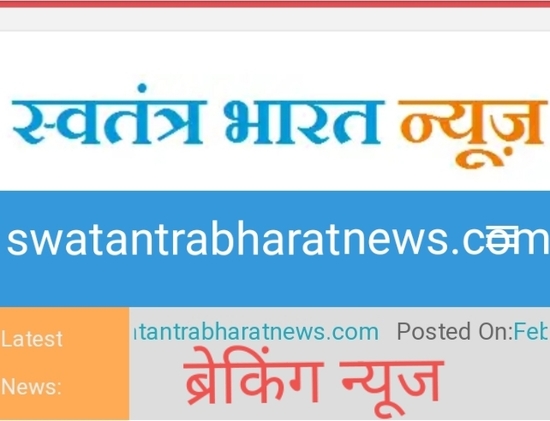
पनामा और दक्षिण अफ्रीका में भ्रष्टाचार और असमानता चुनावी एजेंडा में सबसे ऊपर: ट्रांसपैरेन्सी इन्टरनेशनल
लखनऊ: ट्रांसपैैरेन्सी इन्टरनेशनल ने स्वतंत्र भारत न्यूज़ डाट काम को मेल कर बताया है कि, "इस सप्ताह, हम पनामा और दक्षिण अफ्रीका को देख रहे हैं, जहां हाल के चुनावों में भ्रष्टाचार और असमानता एजेंडा में सबसे ऊपर है।
जबकि पनामा की आर्थिक वृद्धि अपने अधिकांश पड़ोसियों से आगे निकल रही है, इसकी अमेरिका में सबसे अधिक असमानता दर है। इसी समय, देश पिछले कुछ वर्षों में विभिन्न भ्रष्टाचार घोटालों में उलझा हुआ है, जिसमें ओडेब्रेच रिश्वत योजना, पूर्व राष्ट्रपति मार्टिनेली द्वारा वायरटैपिंग और निश्चित रूप से, ama पनामा पेपर्स ’शामिल हैं। इस ऐतिहासिक जांच से पता चला है कि वैश्विक अमीर और शक्तिशाली के लिए धन छिपाने में पनामा की भूमिका है - जबकि अपनी आबादी के बड़े हिस्से, खासकर ग्रामीण इलाकों में, गरीबी में रहना जारी रखते हैं।
पनामा के नवनिर्वाचित अध्यक्ष ने असमानता और भ्रष्टाचार को दूर करने का संकल्प लिया है, और हमारा अध्याय इस बात पर पैनी नजर रखेगा कि क्या वह वितरित कर रहा है।
दक्षिण अफ्रीका में, रंगभेद की समाप्ति के 25 साल बाद, दुनिया में असमानता का स्तर सबसे अधिक है: सबसे अमीर 10 प्रतिशत दो तिहाई से अधिक संपत्ति है, और देश का आधे से अधिक गरीबी में रहता है।
सरकार के सभी स्तरों पर भ्रष्टाचार व्याप्त है, और यह केवल मामलों को बदतर बनाता है: यह आय वितरण को प्रभावित करता है, सहायता का उपयोग और साथ ही सार्वजनिक व्यय के बारे में निर्णय करता है। असमानता, बदले में, भ्रष्टाचार को समाप्त कर सकती है, क्योंकि धनी लोग अपने विशेषाधिकार की रक्षा डोडी सौदों और अवैध प्रथाओं के माध्यम से करते हैं।
इस हफ्ते, पूर्व राष्ट्रपति ज़ूमा की पार्टी एक आम चुनाव में सत्ता पर काबिज हुई। उन्हें अंतत: भ्रष्टाचार विरोधी ठोस उपाय करने चाहिए। लेकिन उच्च-श्रेणी के सदस्यों को भ्रष्टाचार के आरोपों का सामना करना पड़ता है, और हमारे अध्याय के चुनाव-पूर्व विश्लेषण से पता चला है कि अधिकांश दलों के घोषणापत्रों में भ्रष्टाचार-विरोधी प्रतिबद्धताएँ अस्पष्ट थीं।
उस मामले के लिए पनामा, दक्षिण अफ्रीका और हर जगह की सरकारों को यह साबित करना चाहिए कि वे पूरी आबादी के लिए काम करते हैं। भ्रष्टाचार से निपटना एक अच्छी जगह है।"
Transparency International द्वारा स्वतंत्र भारत न्यूज़ डाट काम को प्रेषित मेल का मूल पाठ (English में):
This week, we're looking at Panama and South Africa, where corruption and inequality have been at the top of the agenda in recent elections.
While Panama’s economic growth is outpacing most of its neighbours, it has one of the highest inequality rates in the Americas. At the same time, the country has been engulfed in various corruption scandals over the past years, including the Odebrecht bribery scheme, wiretapping by former president Martinelli and, of course, the ‘Panama Papers’. This historic investigation revealed Panama's role in hiding wealth for the global rich and powerful – while vast parts of its own population, especially in rural areas, continue to live in poverty.
Panama’s newly elected president has pledged to address inequality and corruption, and our chapter will be keeping a close eye on whether he is delivering.
In South Africa, 25 years after the end of Apartheid, inequality levels are among the highest in the world: The richest 10 per cent own over two thirds of the wealth, and more than half of the country lives in poverty.
Corruption is rampant across all levels of government, and this only makes matters worse: it affects income distribution, the use of aid flows as well as decisions about public expenditure. Inequality, in turn, can perpetuate corruption, as the wealthy few protect their privilege through dodgy deals and illegal practices.
This week, the party of ex-president Zuma clung on to power in a general election. They should finally deliver concrete anti-corruption measures. But high-ranking members face corruption allegations, and our chapter’s pre-election analysis showed that anti-corruption commitments in most parties’ manifestos were vague at best.
Governments in Panama, South Africa, and everywhere else for that matter, should prove that they work for the whole population. Tackling corruption is a good place to start.
☆☆☆☆☆
swatantrabharatnews.com

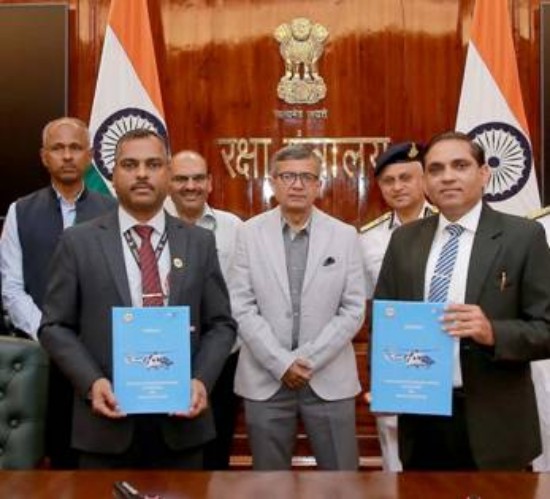
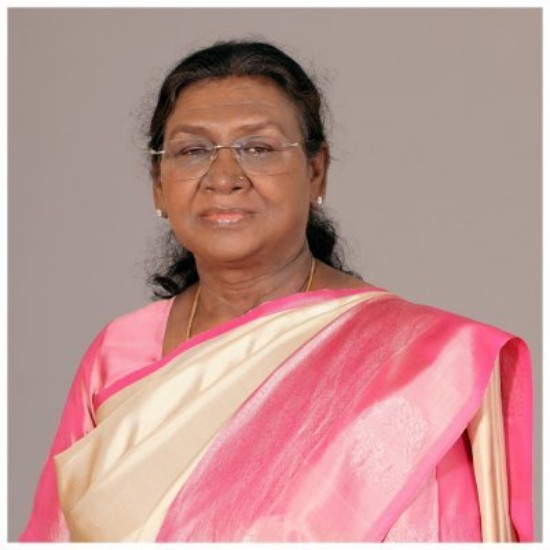
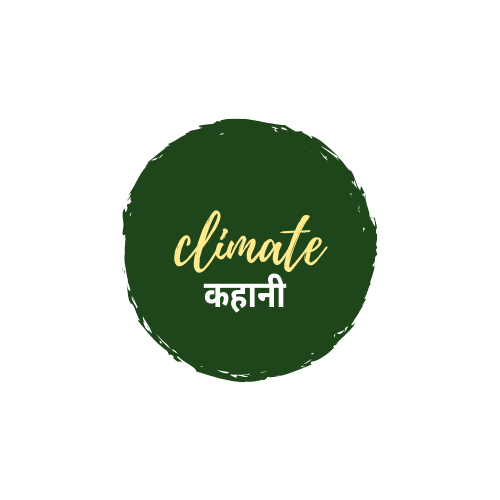


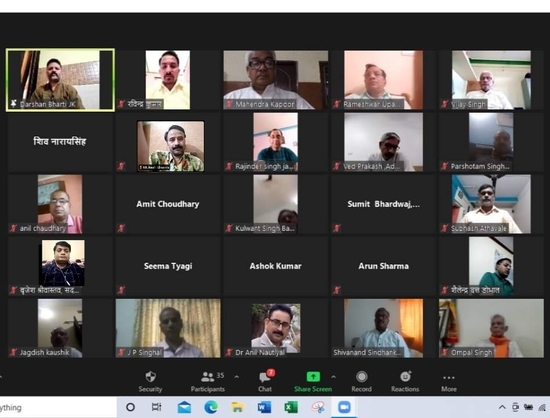

10.jpg)
![अंतरराष्ट्रीय मजदूर दिवस- 01मई 2018: मजदूरों का शोषण - मानवता का उपहास - [रेल सेवक संघ]](http://www.swatantrabharatnews.com/uploads/images/10985359_750498361715733_4743675663368666332_n.jpg)
15.jpg)
